SGGPO
According to SGGP Newspaper's reporter, in the estuary channels and fishing ports in Quy Nhon City and De Gi (Binh Dinh), there are many black spots where waste has existed for a long time, causing pollution of the water environment and ecology.
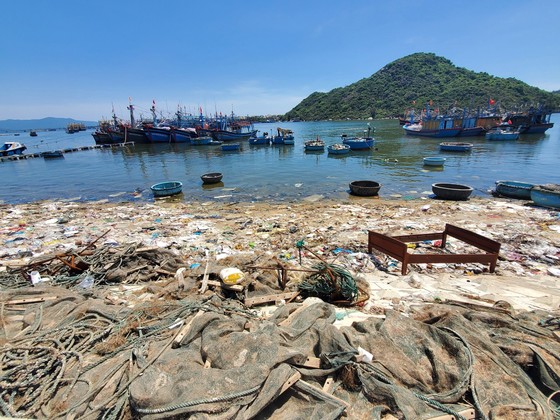 |
Based on the feedback from local residents, SGGP reporters recorded the current situation of overflowing garbage in the De Gi fishing port area (Phu Cat district, Binh Dinh). Along the embankment adjacent to the De Gi fishing port, through An Quang Dong and An Quang Tay villages (Cat Khanh commune, Phu Cat), hundreds of meters along the embankment are surrounded by all kinds of household waste. At many points, garbage is piled up from the embankment to the water surface of the De Gi estuary, most of which is plastic waste, nylon bags that are difficult to decompose...
 |
The scene of garbage piled up for hundreds of meters at the De Gi breakwater |
At the canal bordering the two villages of An Quang Dong and An Quang Tay, there are dozens of squid production facilities, surrounded by layers of shabby houses filled with garbage. This canal has now turned into a canal filled with plastic waste, waste that gives off a foul smell...
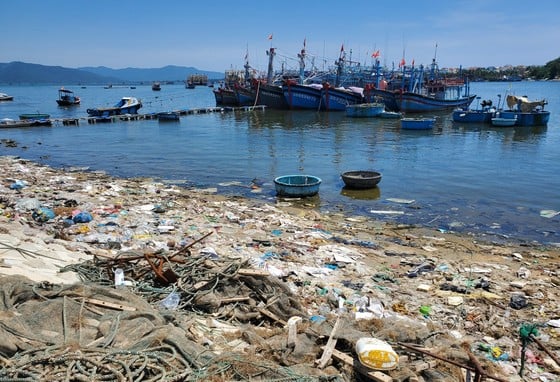 |
All kinds of waste that is difficult to decompose are "poisoning" De Gi estuary. |
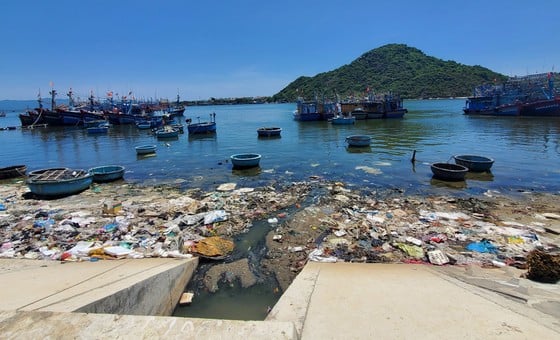 |
The wastewater drain from Cat Khanh commune, Phu Cat district flowing into the sea is black and smelly. |
Continuing to enter the De Gi fishing port area, many fishermen and workers were loading seafood and blatantly dumping garbage and plastic bags into the estuary water surface even though there were trash bins in the fishing port area.
In the area bordering the East of De Gi fishing port (located in front of De Gi Border Control Station), there is also a large garbage dump that overflows into the water surface...
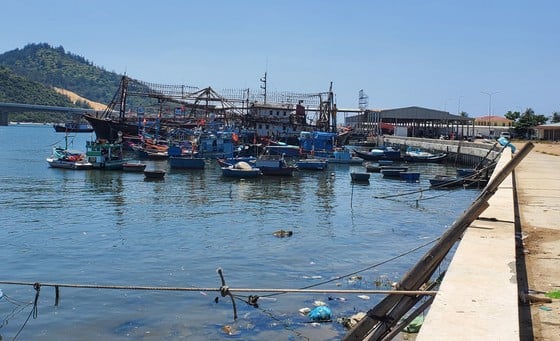 |
Garbage surrounds the sea area bordering De Gi fishing port |
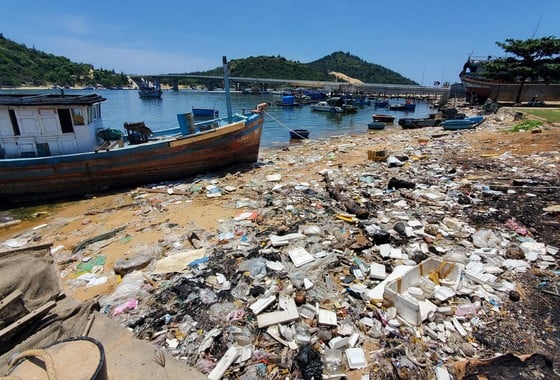 |
| Garbage dump, fishing boat wrecks scattered next to De Gi fishing port |
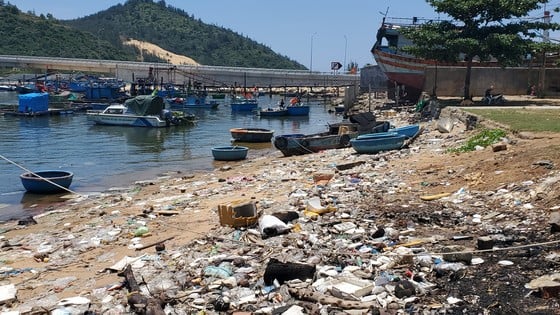 |
The garbage dump is overflowing into the estuary right next to De Gi fishing port from the East. |
According to research, the waste scattered along the De Gi fishing port area is mostly domestic waste from households in the two villages of An Quang Dong and An Quang Tay, mostly from the activities of about 60 households specializing in squid production. In addition, activities from the fishing port and anchoring fishing boats also contribute to increasing the amount of waste poisoning this estuary.
Many households in An Quang Dong village reported that because the garbage collection company is slow, only collecting twice a week, people take the garbage to the beach to avoid the smell.
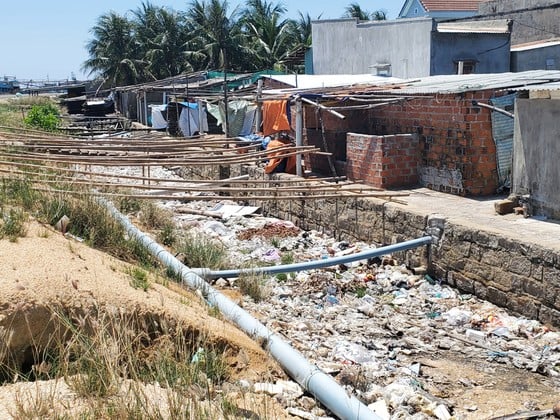 |
The canal turned into a garbage canal along the squid processing facilities in An Quang Dong and An Quang Tay villages. |
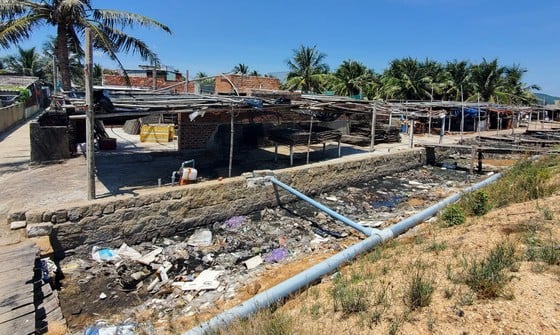 |
The canal overflows with garbage and stinking waste. |
Similarly, in the Quy Nhon estuary area stretching from Quy Nhon fishing port deep into the fishing boat anchorage channel in Hai Cang ward (Quy Nhon city), garbage is everywhere.
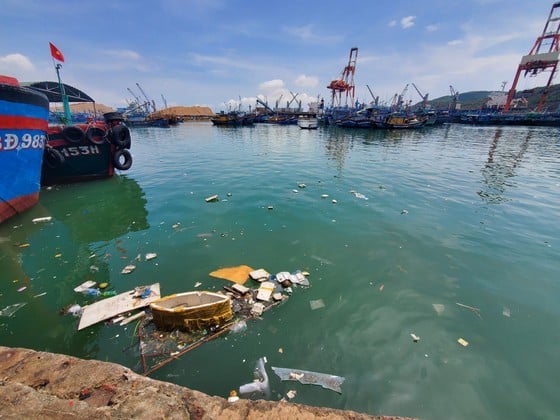 |
Floating garbage at Quy Nhon fishing port on May 11 |
On May 11, the water surface area in the western area bordering Quy Nhon fishing port (near the headquarters of the Waterway Traffic Police) was filled with floating garbage. Some residents said that every day, garbage from many directions is discharged into the estuary, drifting all over the water surface, and during the rainy season, it flows out to sea...
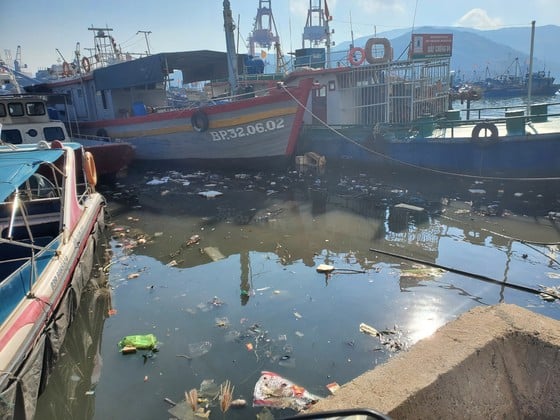 |
Garbage overflows next to Quy Nhon fishing port on May 16. |
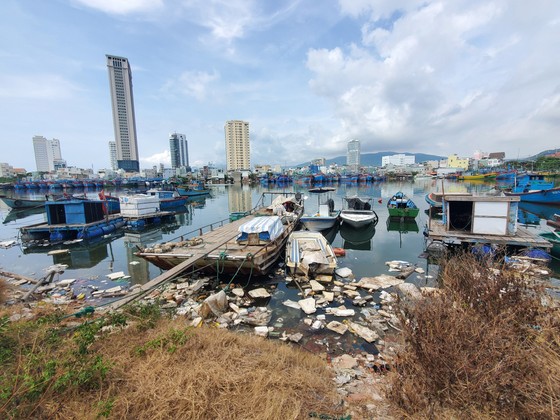 |
Garbage is everywhere at the fishing boat mooring port in Hai Cang ward (Quy Nhon city). |
By May 16, despite heavy rains, a large amount of garbage remained around the Quy Nhon fishing port area. Garbage drifted and washed up on fishing boat mooring areas, forming piles on the water surface...
Responding to SGGP Newspaper reporters about the current situation of waste "poisoning" De Gi estuary, Mr. Nguyen Trung Hieu, Vice Chairman of Cat Khanh Commune People's Committee, said that the Commune People's Committee has signed a contract with a waste company and supported 10 million VND per month to collect and reduce the pressure of waste in the De Gi estuary area, the section under local management. In addition, about 90% of people agree to pay for waste collection. However, many households still have the habit of dumping waste into the estuary, making it difficult to mobilize and handle.
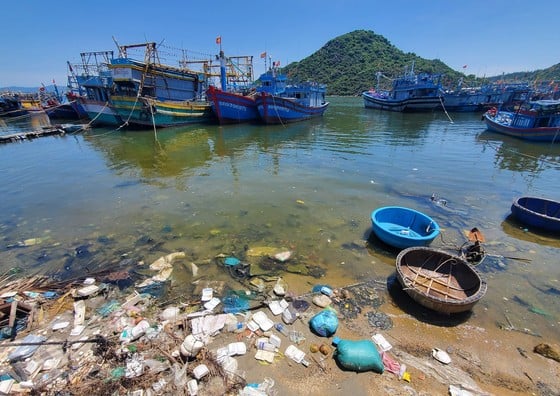 |
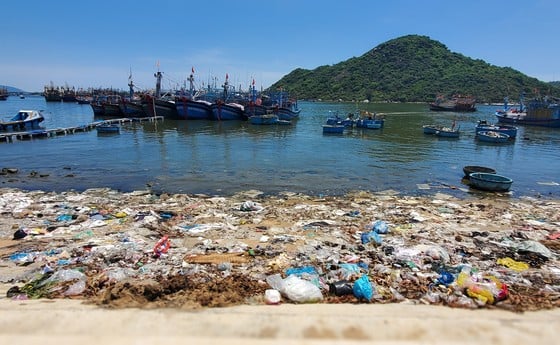 |
The entire estuary area near the foot of De Gi embankment turned into a garbage dump stretching hundreds of meters. |
"In the future, we will step up the campaign to encourage people in An Quang Dong and An Quang Tay villages, especially squid production households, not to discharge waste into canals and estuaries. The locality will continue to work with waste treatment units to increase the level of support to solve the waste problem. Regarding squid processing facilities, we have made recommendations to the district and province, but so far we have not found a centralized planning area, so it is still spontaneous and very difficult to handle," Mr. Hieu added.
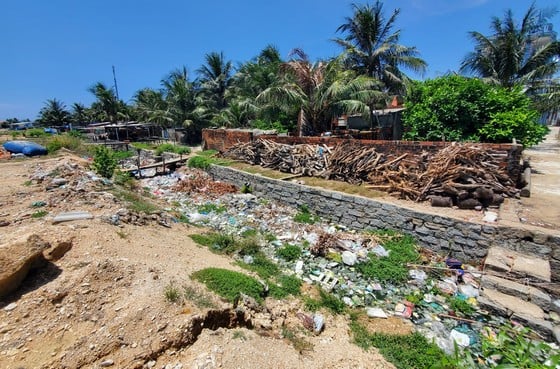 |
The canal turned into a trash canal... |
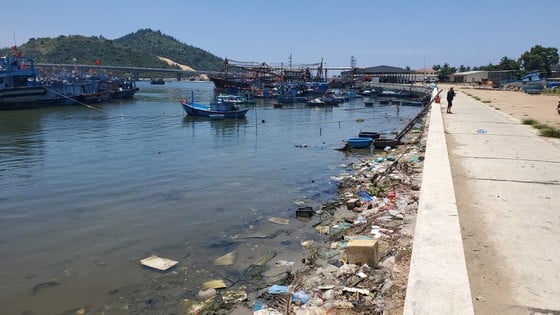 |
Garbage fills the water surface near De Gi fishing port |
According to Mr. Hieu, waste also comes from the activities of De Gi fishing port and the boats anchored when entering the port. However, De Gi fishing port only cares about collecting waste in the port, and rarely coordinates with the local authorities to handle and collect waste in the water surface and surrounding areas to reduce marine waste.
Source





























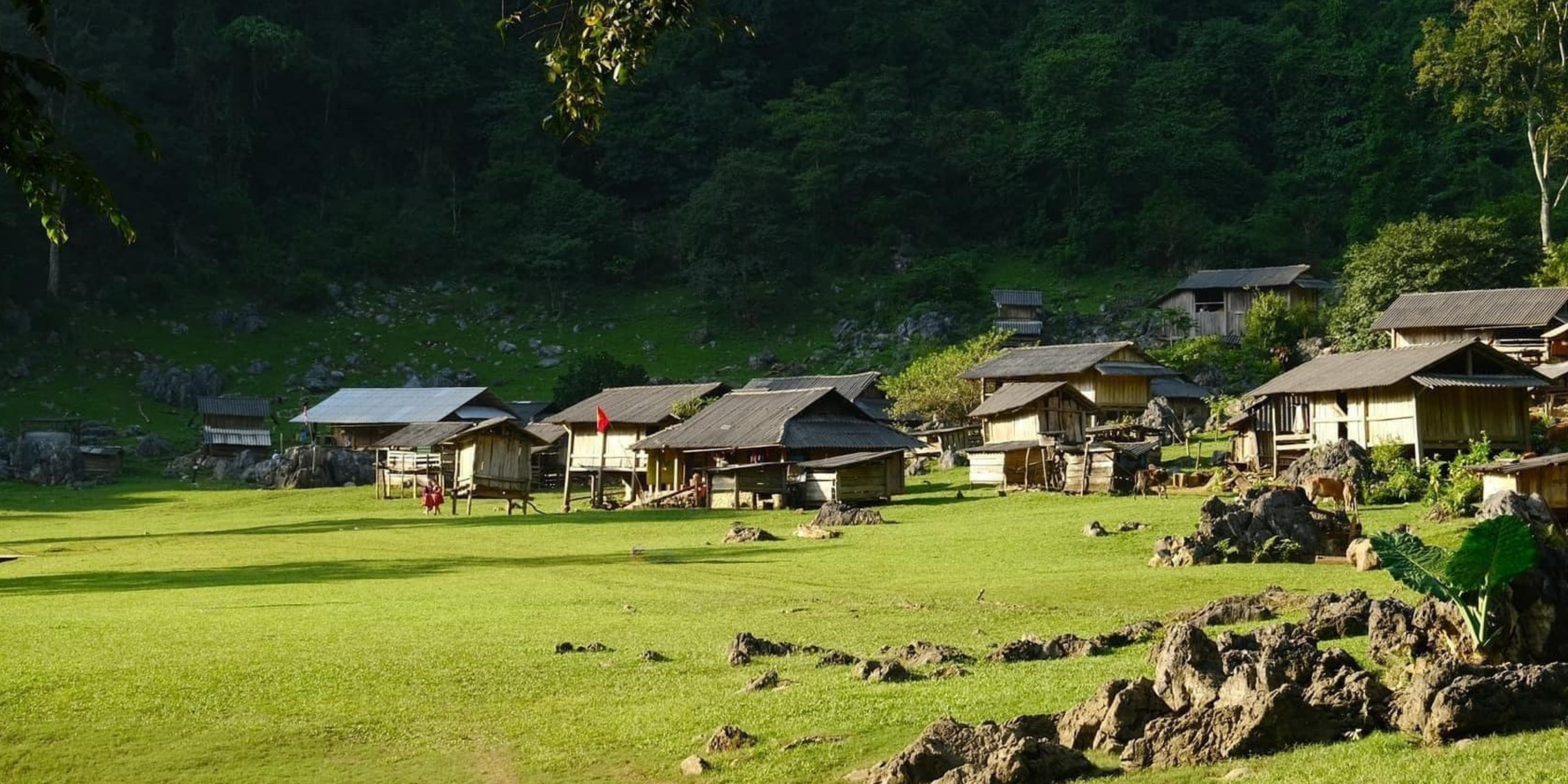



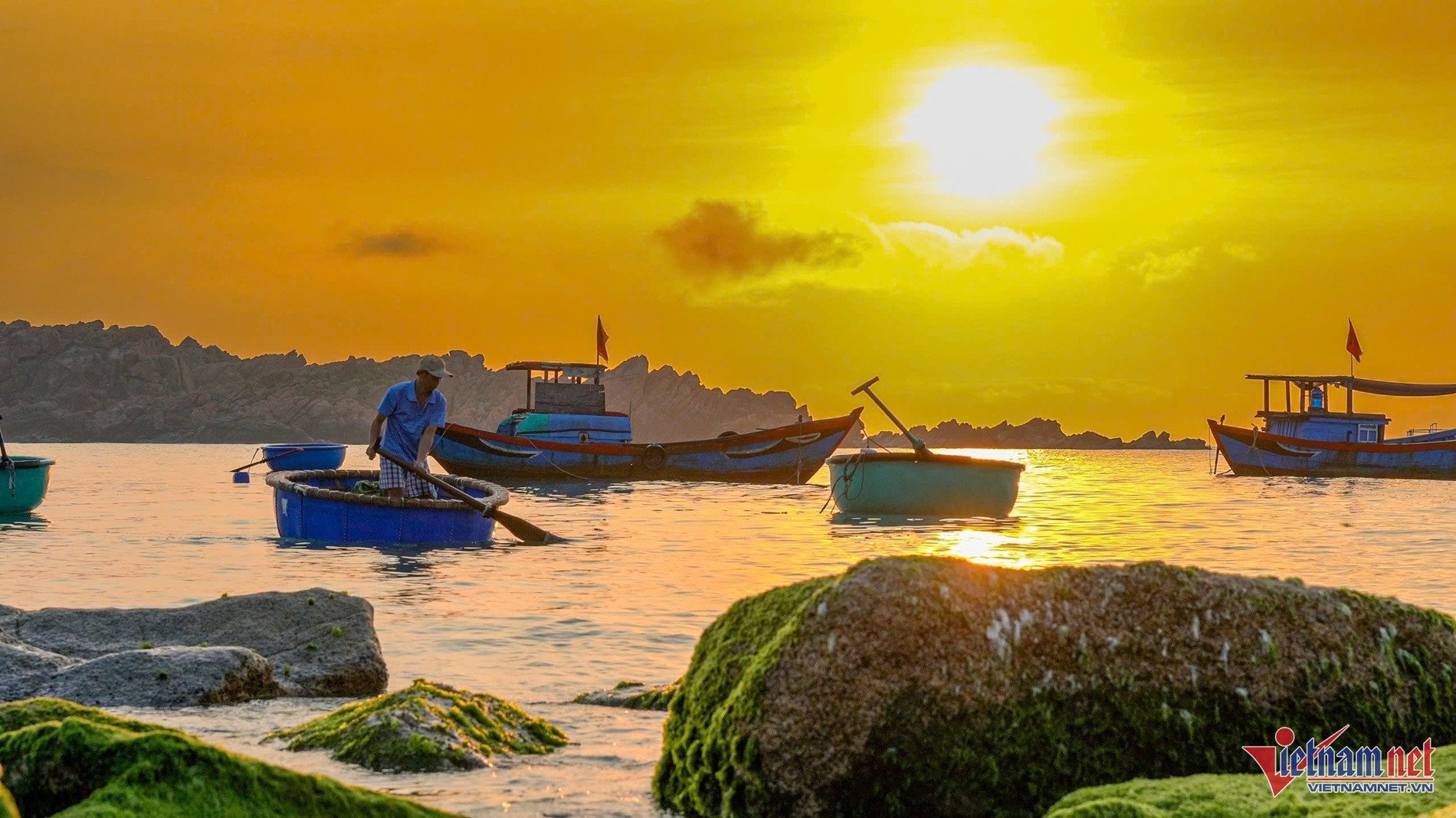

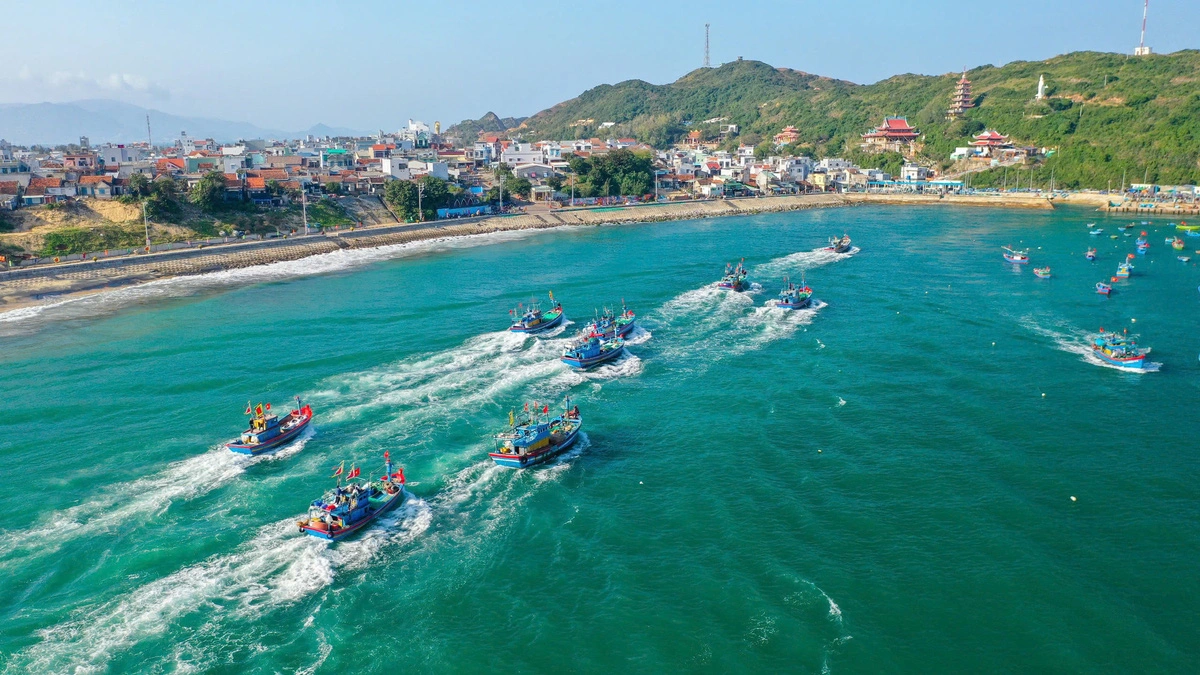

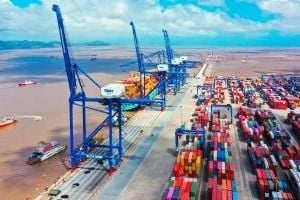

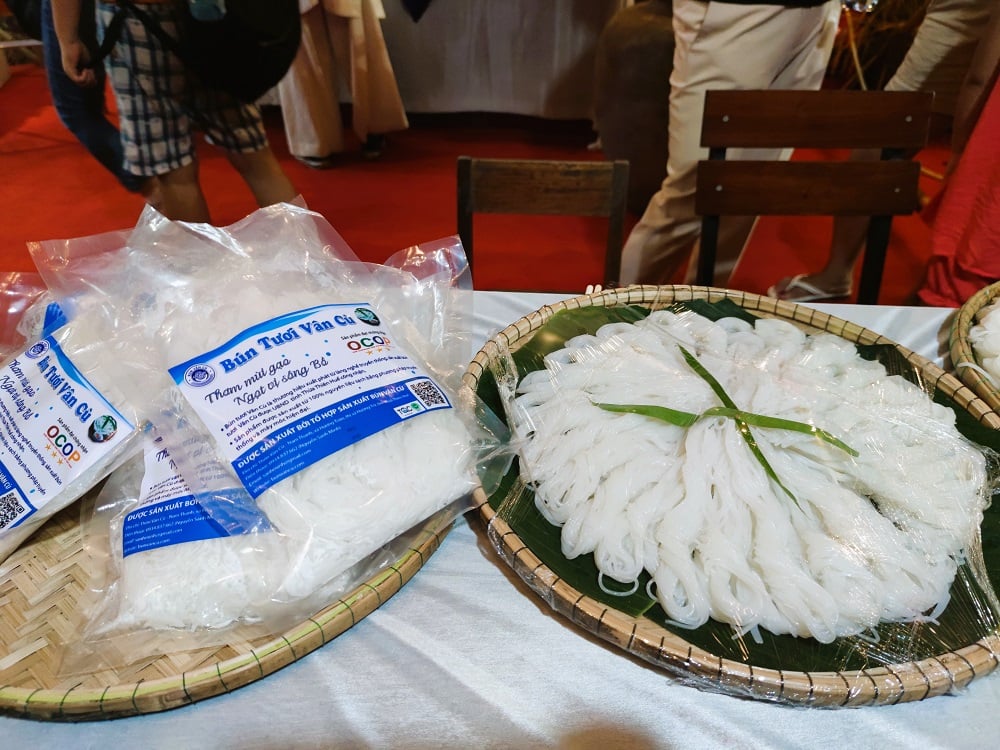

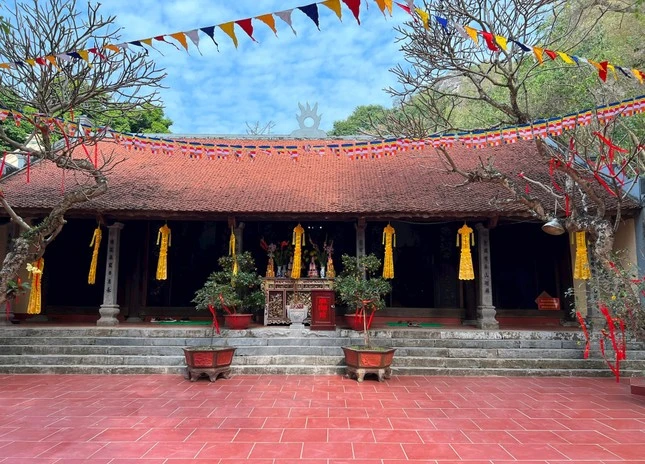

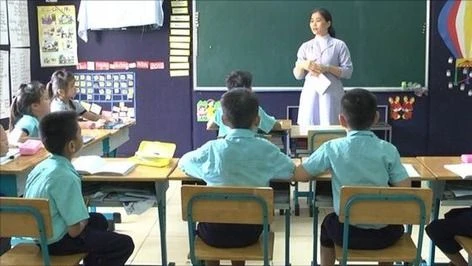
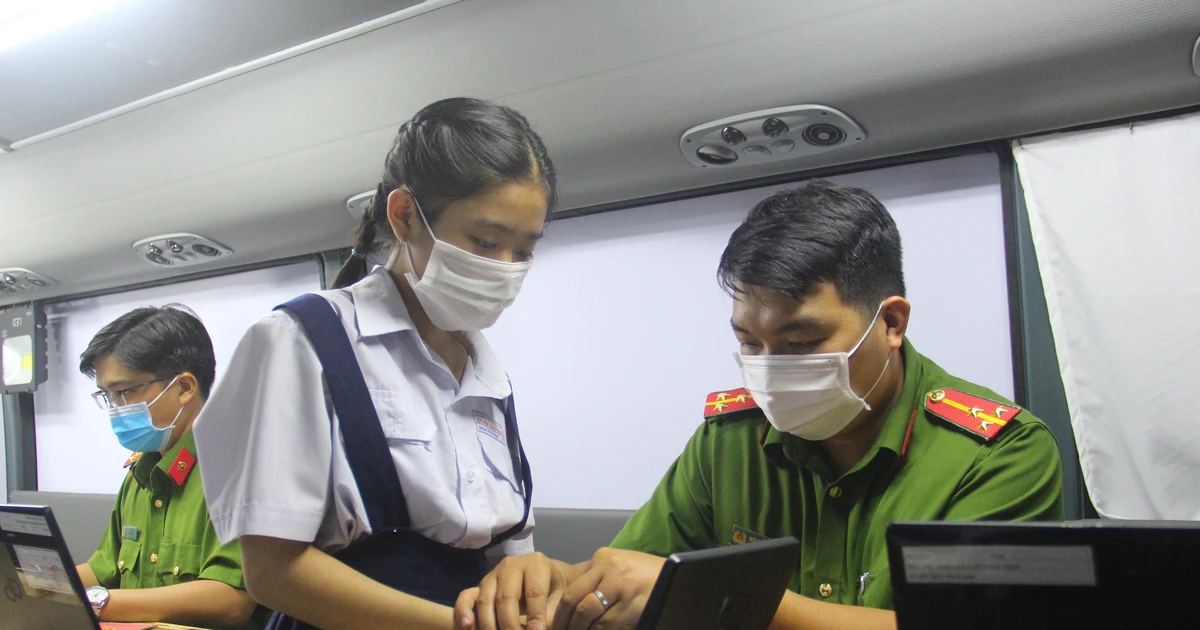













Comment (0)